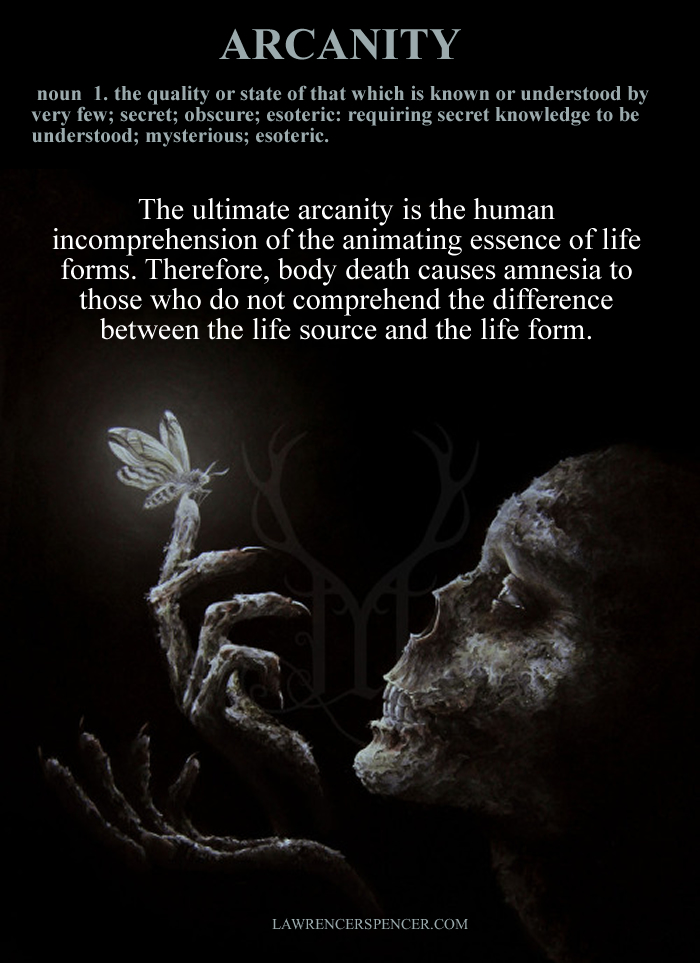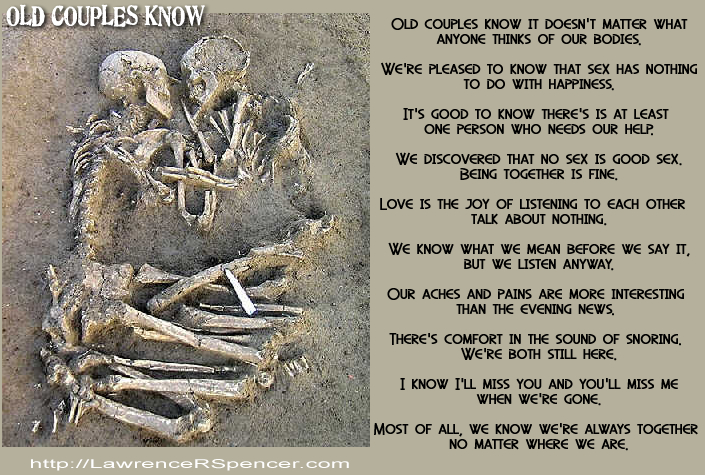Republished by Blog Post Promoter
A “MUST READ” FOR HALLOWEEN….. This book is dedicated to all living beings who expect to die sometime and to all of the dead people who ever lived who may still be living somewhere, sometime, somehow. This book is also dedicated to all of the people who are living that may need some ideas about what to do with themselves after they die. Finally, this book is dedicated to all the people who will soon be living by virtue of one or more of the following circumstances: birth, rebirth, resurrection, reincarnation, transconfiguration, cryogenic resuscitation, invasion of alien beings, angels falling out of grace, an act of one or more gods, transformation or transmigration, arrival from a different time / space / universe / plane of existence, unimaginable others, Whoever you were, are, or will be, I trust that you will enjoy the “Rest of Eternity”. — Lawrence R. Spencer
This book is dedicated to all living beings who expect to die sometime and to all of the dead people who ever lived who may still be living somewhere, sometime, somehow. This book is also dedicated to all of the people who are living that may need some ideas about what to do with themselves after they die. Finally, this book is dedicated to all the people who will soon be living by virtue of one or more of the following circumstances: birth, rebirth, resurrection, reincarnation, transconfiguration, cryogenic resuscitation, invasion of alien beings, angels falling out of grace, an act of one or more gods, transformation or transmigration, arrival from a different time / space / universe / plane of existence, unimaginable others, Whoever you were, are, or will be, I trust that you will enjoy the “Rest of Eternity”. — Lawrence R. Spencer

![1001 Things to Do While You're Dead | [Lawrence Spencer] 1001 Things to Do While You're Dead | [Lawrence Spencer]](https://ecx.images-amazon.com/images/I/51ROhipKNuL._SL175_.jpg)
 The ultimate arcanity is the human incomprehension of the animating essence of life forms. Therefore, body death causes amnesia to those who do not comprehend the difference between the life source and the life form.
The ultimate arcanity is the human incomprehension of the animating essence of life forms. Therefore, body death causes amnesia to those who do not comprehend the difference between the life source and the life form.




![1001 Things to Do While You're Dead | [Lawrence Spencer] 1001 Things to Do While You're Dead | [Lawrence Spencer]](https://ecx.images-amazon.com/images/I/51ROhipKNuL._SL175_.jpg)